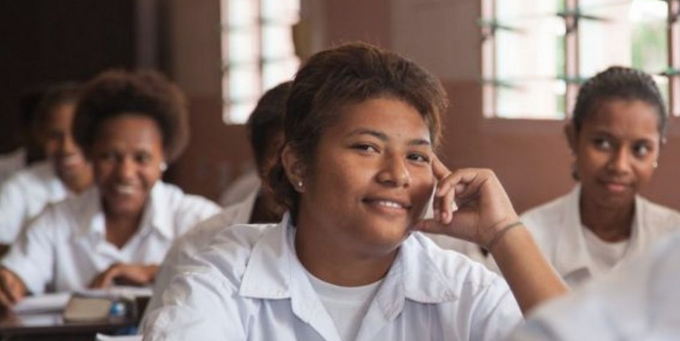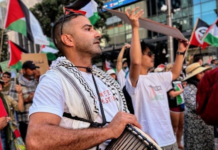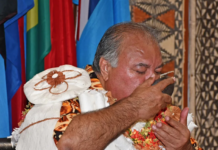Asia Pacific Report newsdesk
The Papua New Guinean government should protect women accused of practicing “sorcery” from violence and hold the attackers to account, says the advocacy group Human Rights Watch.
At least five women have been attacked in the past three months since March 2021 — one of whom was killed.
“The Papua New Guinea government should urgently investigate all cases of violence following sorcery accusations, and prosecute those responsible,” Stephanie McLennan, senior manager of Asia initiatives at Human Rights Watch, said in a statement today.
“Gender-based violence is a persistent problem in Papua New Guinea, and the government is doing very little to stop it.”
Violence following allegations of sorcery is common in Papua New Guinea, with the most recent reported case on May 7 in Hela Province.
Mary Kopari was accused of sorcery following the death of a young boy in her village. She was tied up and burned alive in Komo-Magarima District.
The attack was recorded on video and reported by Papua New Guinea television. Although the police know the identity of some of the attackers, no arrests have yet been reported.
Surge in covid cases
Because sorcery accusations often arise in response to an unexpected death or illness in a community, the increase in such violence may be related to a surge in confirmed cases of covid-19 in Papua New Guinea.
On or around March 30, in Goroka, Eastern Highlands, a 45-year-old woman and her 19-year-old daughter were accused of causing the woman’s husband’s death, believed to be from covid-19.
They were held captive by the husband’s relatives and tortured with hot iron rods. Police rescued the pair.
On April 25, police rescued two women after a group of about 20 men tortured them in Port Moresby. The men accused the women of practising sorcery and killing a woman who had recently died.
The women were treated for severe burns and knife wounds.
“The Papua New Guinea government should address the root causes of sorcery accusations, including the lack of basic knowledge among the public about health problems,” McLennan said.
“The authorities should act swiftly and effectively to correct misinformation about deaths from covid-19 to prevent more sorcery accusations and attacks.”
Most attacks target women
While there are past cases of violence based on accusations of sorcery targeting men, the majority of these attacks target women. Such attacks are part of the larger problem of high rates of gender-based violence and impunity for the abusers in Papua New Guinea.

In November 2020 a coalition of Parliament members convened the country’s first national summit on gender-based violence. A special parliamentary committee on the issue held its first hearings on May 24 and 25, and will continue its inquiry until June 30.
Dr Fiona Hukula, gender specialist for the Pacific Islands Forum, testified at the May hearings about violence against women accused of sorcery, saying that they are are “often tortured, often cut, sexually violated, their clothes are removed and they are often kept in captivity”.
As Human Rights Watch has documented, greater resources and increased political will are needed to respond to all forms of gender-based violence in Papua New Guinea. At the recent parliamentary hearings, East Sepik Governor Allan Bird said “there are 1.4 million cases of GBV [gender-based violence] every year in PNG … and only 100 convictions achieved”.
Papua New Guinea will participate in November in the UN Human Rights Council’s Universal Periodic Review process under which member countries review the human rights situation in the country.
The Human Rights Watch submission for that process highlighted the issue of gender-based violence and violence following accusations of sorcery.
“Papua New Guinea’s leaders should order the police to take gender-based violence seriously, provide sufficient resources for officials to prosecute these crimes, and provide all survivors with medical treatment, shelter and access to support services,” McLennan said.
“The parliamentary inquiry should lead the way in exploring options for early warning, protection, and dispute resolution mechanisms that can help prevent such crimes.
Article by AsiaPacificReport.nz








